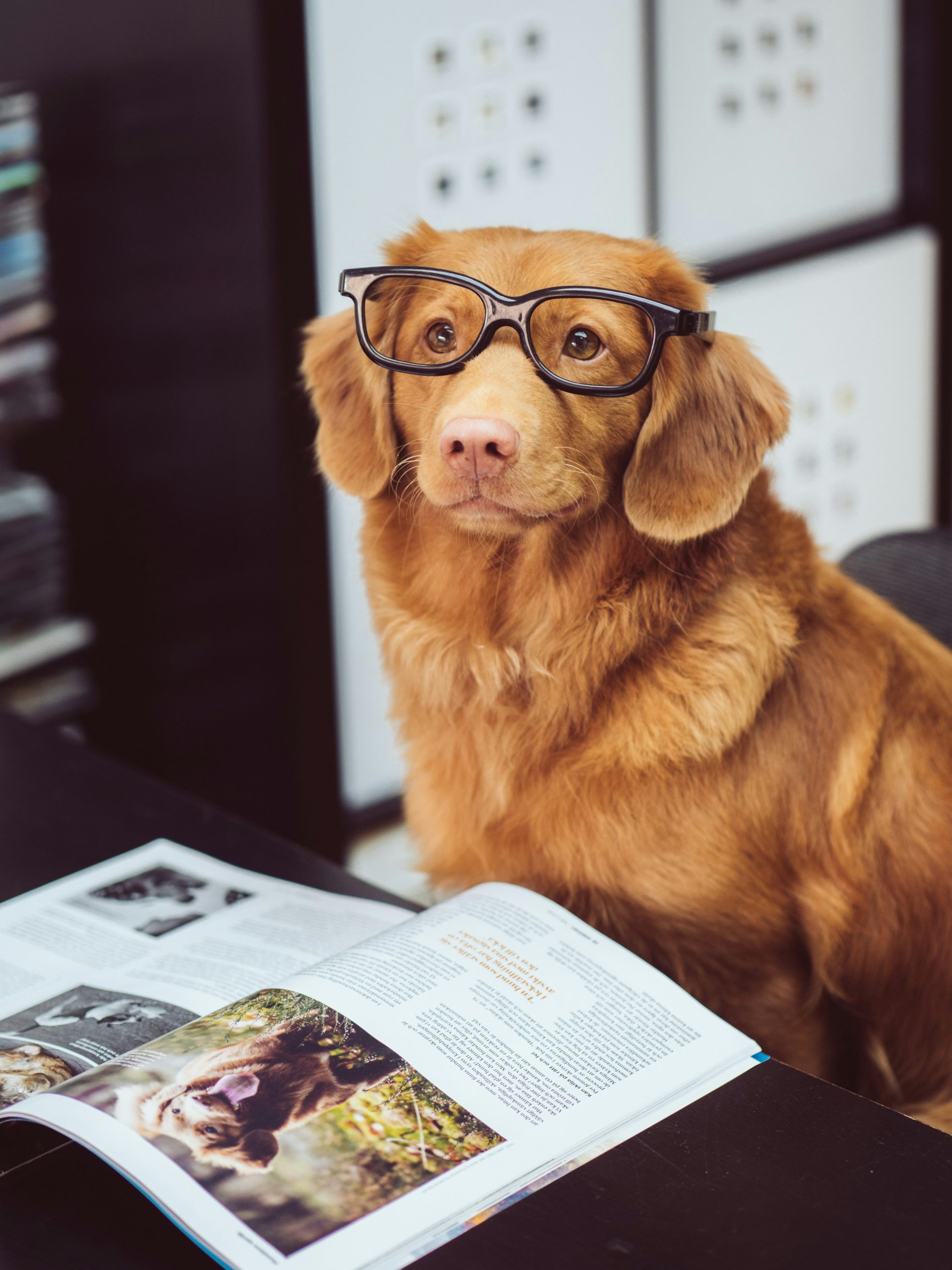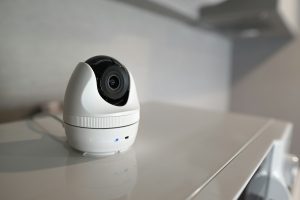
Why Is My Dog Licking So Much? 17 Possible Reasons and What to Do
Have you noticed your dog constantly licking their paws, furniture, your face — or even thin air? Occasional licking is normal, but excessive or compulsive licking can signal an underlying issue that deserves your attention. Whether it’s physical discomfort, behavioral needs, or just a quirky habit, this guide breaks down 17 common reasons why your dog is licking so much — and how to help them feel better.
1. Normal Grooming Behavior
Licking is a natural part of a dog’s grooming routine. They often lick themselves to keep their fur clean, remove debris, or soothe minor skin irritations. You may see them do this after playing outside or waking up from a nap.
As long as the licking is brief and not obsessive, this is generally nothing to worry about. However, if the licking becomes frequent or focused on a single area, it could indicate a problem brewing beneath the surface.
2. Skin Allergies
One of the most common causes of excessive licking is skin allergies. Dogs with allergies may experience itchy, inflamed skin — especially around their paws, belly, or legs — prompting them to lick constantly for relief.
Allergies can be caused by environmental triggers like pollen, mold, and dust mites, or by food sensitivities. According to the VCA’s guide on canine allergies, managing allergies may require a combination of diet changes, medication, and environmental adjustments.
3. Fleas or Parasites
Licking can also be a response to flea bites or other external parasites like mites or ticks. These pests cause intense itching and irritation, especially near the tail, hind legs, or underarms.
Even if you don’t see fleas, your dog may still be reacting to their bites. Regular use of flea preventives and thorough grooming can help keep your dog parasite-free and more comfortable.
4. Pain or Discomfort
Dogs often lick areas of their body that are painful or sore. If your dog suddenly starts licking a particular spot — like a joint, hip, or paw — it could be a sign of arthritis, a strain, or even something lodged in the skin.
Check the area closely for swelling, heat, limping, or flinching when touched. If licking persists, consult a vet to rule out injury or internal pain sources like gastrointestinal upset or urinary discomfort.
5. Obsessive Compulsive Behavior (OCD)
In some cases, excessive licking can become a compulsive habit — especially in anxious or high-strung dogs. This behavior is repetitive, often focused on one area, and may result in hair loss or open sores over time.
OCD in dogs can develop from prolonged stress, boredom, or lack of structure. Addressing the root cause and incorporating redirection techniques, training, and increased mental stimulation can help reduce compulsive licking episodes.
6. Boredom or Lack of Enrichment
Dogs who don’t receive enough daily stimulation may resort to licking as a form of self-soothing. This is especially common in apartments or small living spaces where dogs spend long hours alone or without variety.
Try incorporating enrichment toys, indoor activities, and interactive training games to give your dog something positive to focus on. A mentally and physically tired dog is far less likely to lick out of boredom.
7. Anxiety and Stress
Just like humans bite their nails or fidget when nervous, dogs may lick excessively to cope with anxiety. Common triggers include separation anxiety, noise phobias (like fireworks or thunderstorms), or sudden changes in routine.
If your dog’s licking intensifies during stressful events, it’s a clear sign their mental well-being needs support. Here are gentle ways to help with thunderstorm anxiety and related fears that may also reduce licking behavior over time.
8. Attention-Seeking Behavior
Some dogs learn that licking gets them attention — even if it’s negative. If your pup licks your hands, face, or furniture and you immediately react, they may view it as a way to interact or get a response from you.
In these cases, try redirecting the behavior with a toy or treat, and reward calm behavior instead. Avoid scolding or pushing them away, as this may reinforce the licking through unintentional attention.
9. Learned Habit from Reinforcement
Dogs are creatures of habit. If licking has been unintentionally rewarded — like receiving cuddles, treats, or your full attention — it can quickly become a go-to behavior.
Breaking the habit means being consistent with redirection. Reinforce alternative behaviors like sitting calmly, chewing appropriate toys, or doing a trained trick instead of licking.
10. Hunger or Nausea
Some dogs lick excessively when they feel nauseous or have an upset stomach. This behavior may be accompanied by drooling, lip licking, gulping, or eating grass. In other cases, licking can be linked to food-seeking behavior if your dog is hungry.
If you notice your dog licking the floor, furniture, or air without stopping, and especially if it occurs before mealtimes, consider adjusting feeding frequency or consulting your vet about possible GI issues.
11. Dental Issues or Oral Pain
If your dog is licking excessively, particularly around the mouth or lips, it could indicate dental pain, oral ulcers, or a foreign object in the mouth. Dogs with dental disease may lick their lips, chew oddly, or drool more than usual.
Routine oral care is essential. If you're unsure how to check your dog’s mouth safely, start by reviewing our room-by-room apartment pet safety guide — it covers dental safety tips and more.
12. Residual Scents or Tastes on Your Skin
Dogs have incredibly powerful noses, and your skin often carries appealing tastes and smells — from lotion and soap to sweat or food residue. If your dog is licking your hands or face after you’ve eaten or applied products, it may simply be sensory curiosity.
This type of licking is usually harmless, but if it becomes obsessive or if your dog is licking chemical residues (like sunscreen or medication), you may want to redirect them for safety reasons.
13. Dry Skin or Winter Itch
Cold weather, low humidity, or frequent indoor heating can cause dogs to develop dry, flaky skin. In response, they may begin licking or chewing dry patches in an attempt to relieve the itch or irritation.
Try adding a humidifier to your apartment, switching to a skin-friendly shampoo, or consulting your vet about safe supplements like fish oil to support skin health.
14. Hormonal Imbalances
Conditions like hypothyroidism or Cushing’s disease can cause skin sensitivity, hair thinning, and increased licking or chewing. These are usually accompanied by other symptoms like weight changes or increased thirst.
If your dog’s excessive licking is paired with changes in appetite, energy, or coat quality, a blood panel at the vet may be recommended to rule out hormonal causes.
15. Licking Granulomas
A licking granuloma is a raised, inflamed area caused by constant licking — often found on the front legs. Once started, the cycle can become difficult to break, as the wound keeps triggering more licking.
Granulomas may stem from stress, allergies, or even minor trauma. Treatment may include behavior modification, medical intervention, or protective gear like soft cones to allow the area to heal.
16. Cognitive Dysfunction (Senior Dogs)
Older dogs may lick more due to age-related cognitive changes, similar to dementia in humans. They may appear restless, confused, or anxious, and repetitive behaviors like licking often increase.
If your senior dog is showing unusual behaviors alongside increased licking, speak to your vet about cognitive support supplements or lifestyle changes to maintain quality of life.
17. Normal Grooming or Breed Behavior
Not all licking is cause for concern. Dogs naturally groom themselves by licking, and some breeds — like Retrievers and Spaniels — tend to be more oral in general. They may lick objects, people, or themselves more frequently as part of their normal routine.
If the licking is brief, doesn’t break the skin, and isn’t interfering with daily life, it may just be part of your dog’s temperament or way of interacting with their world.
Final Thoughts: Don’t Panic — But Don’t Ignore It Either
Excessive licking can be confusing, frustrating, and concerning for dog parents — especially when it seems to come out of nowhere. But whether it’s medical, behavioral, or just your dog’s way of saying something isn’t quite right, the key is to observe, investigate, and respond gently.
From allergies and anxiety to boredom and bonding, there’s almost always a reason behind your dog’s licking. When in doubt, consult your vet and explore gentle, structured support — like crate training methods that build trust and security.
Your dog’s licks might not always be a cry for help — but when they are, you’ll be ready to respond with patience, insight, and a whole lot of love. 🐾
Frequently Asked Questions
Is it normal for dogs to lick a lot?
Some licking is completely normal, especially for grooming, bonding, or exploring. But if the behavior becomes obsessive, focused, or causes irritation, it’s worth investigating the root cause.
Should I stop my dog from licking me?
Not necessarily. Occasional licking as a sign of affection is normal. But if your dog won’t stop licking you constantly, try redirecting with a toy or calming routine. Persistent licking may signal stress or habit reinforcement.
When should I worry about excessive licking?
If licking is focused on one area, causes hair loss or wounds, is paired with other symptoms, or disrupts daily life, it's time to consult a veterinarian. Excessive licking can be a red flag for underlying issues.
Why does my dog lick furniture or the floor?
This can be caused by anxiety, boredom, nausea, or learned behavior. Sometimes dogs are drawn to certain textures or lingering smells, but frequent licking of surfaces may need redirection or vet guidance.
Can excessive licking be treated?
Yes. Once the underlying reason is identified — whether medical, behavioral, or environmental — treatment can be very effective. This might include medication, lifestyle changes, training, or stress management techniques.

Join the Busy Pet Parent Newsletter!
Get easy routines, time-saving tips, and the latest gear reviews—delivered straight to your inbox.
Perfect for busy pet owners, apartment dwellers, and anyone who wants a happy, healthy companion (without the stress).
Exclusive guides & checklists
Product recommendations & deals
No spam—unsubscribe anytime!




